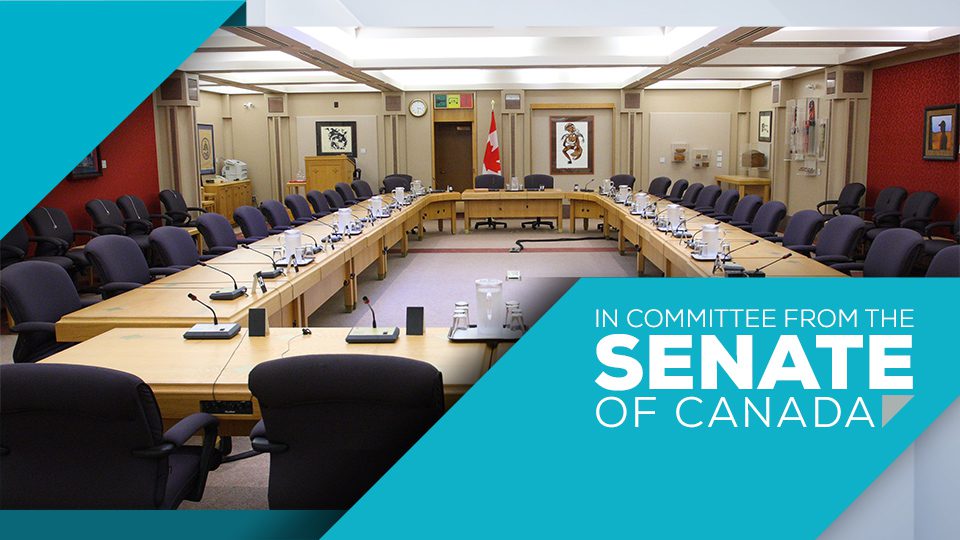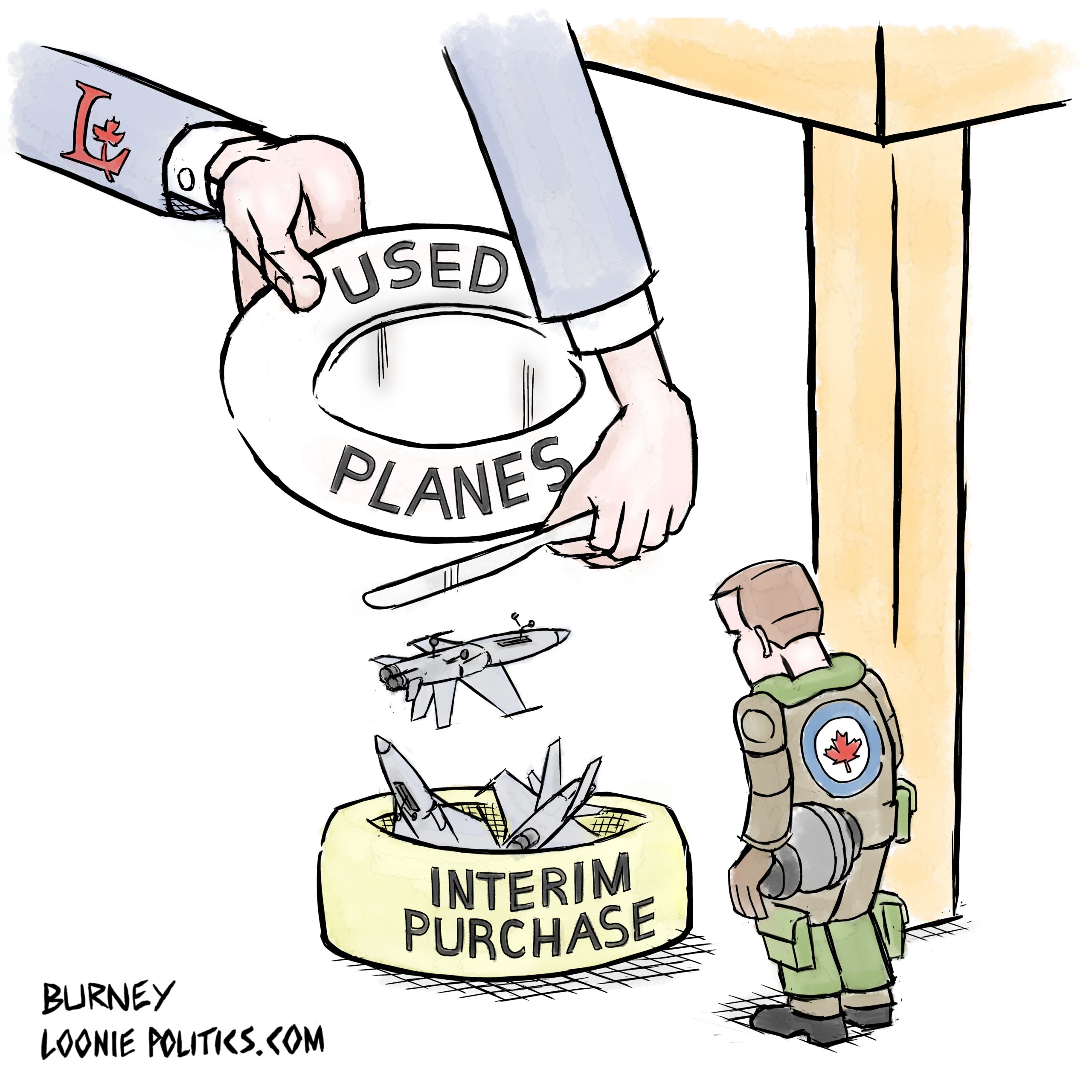While the countdown is on to get the bill to legalize recreational cannabis passed in order to have everything in place well in advance of the prime minister's July 1st deadline, the Senate has opted not to keep sitting and holding hearings on the bill until closer to Christmas. Instead, they will rise this week, and return to the subject when they resume sitting at the end of January (along with the rest of the backlog of bills that they haven't passed yet). But they've already come up with a twist to usual way of doing business.
On the recommendation of the Government Leader in the Senate err, "government representative" Peter Harder, the Senate voted on Thursday to hold a two-hour-long televised committee of the whole session on February 6th, featuring the ministers of justice, health, and public safety, plus Bill Blair, the government's point person on the cannabis file. There was also a move to have Carolyn Bennett join them as well in order to get the Indigenous perspective, and to extend the time for the hearing to three hours, but that was defeated in part because of the very real concern that it was growing unwieldy. Perhaps less seriously was also the idea that the Minister of Youth appear as well because of how this bill affects youth. That the Minister of Youth is the also Prime Minister was one of those reasons for which this devolved into a bit of farce at a certain point.
A lot about this move is odd, beyond the fact that the bill's sponsor, Senator Tony Dean, was looking to have this kind of hearing. It remains an overzealous move, because there is nothing so controversial about this bill as there was when it came to medical assistance in dying, which was a profoundly moral issue for Parliamentarians, as well as many Canadians. Legalizing recreational cannabis, while somewhat controversial in some circles, is not a profoundly moral, life-or-death issue, and treating it as such does a disservice to what was accomplished during the C-14 debates. That Harder said that this motion was moved now in order to provide "predictability" in how the bill will proceed is also strange way to go about things, and looks to me like an attempt to negotiate timelines in public with the other caucuses rather than behind closed doors, as they usually do, possibly in order to try and get leverage.
To begin with, the bill hasn't pass second reading in the Senate yet, so going to committee at this stage, where the principle of the bill is being debated, is odd from a procedural standpoint. If this was an issue about trying to speed the process along, as Senator Dean was hoping, then scheduling the motion for February 6th doesn't do that. I'm trying to find the procedural impetus for why they would need to take this extraordinary step, since these ministers will be appearing at the various committees that will study the bill, and some senators did express concerns that by bringing the ministers to Committee of the Whole, it meant that they were less likely to accept invitations to the individual committees that will be tasked with studying the aspects of the bill, citing that they already appeared once.
From a logistics perspective, this recent motion is a bit of a mess. When the Committee of the Whole hearings on C-14 happened, the justice minister, Jody Wilson-Raybould, answered questions for two hours, and immediately following, then-health minister Jane Philpott answered questions for another two hours. This time it will be three ministers plus a parliamentary secretary all appearing at once for a two-hour session. How they plan to place them in the Chamber, and how they plan to keep it from devolving into a bit of a gong show is beyond me, but that will be for senators to figure out as they work out how this will go ahead.
And it's the spectacle aspect of this which is really the part that gets to me. This exercise is not designed to offer more clarity to the issue, or to try and enhance the debate in any meaningful fashion. Instead, this is a very big bit of political theatre done for reasons which I find to be utterly dubious. Since the debate on C-14 happened with the two ministers appearing in the chamber in a televised session, it had been widely lauded as a model of how the Senate can operate. In the time since, Harder has taken it upon himself to sell the message that this is how the Senate should operate.
But C-14 was a unique set of circumstances that really can't be replicated at least not with any bill currently on the Order Paper, and certainly not with this bill. And trying to take another bill with a hint of controversy, nowhere near what C-14 was, and foisting it back into this televised arena in order to once again demonstrate that the Senate has particular value on difficult issues (for which cannabis is not really one), is bad politics, it's bad procedure, and it sets a bad precedent. Just because a bill has a hint of controversy, it doesn't mean that senators need to drop everything and haul in the ministers to the Chamber when they already get their chance to grill them in a more focused manner at committee.
If I really listened to my cynical side, I would suspect that this is not only about Senator Harder's vision of the Senate one which I profoundly disagree with but rather, this is about Harder himself. By moving this motion, by providing space to have this Committee of the Whole where the ministers appear in what he sees as the "model" of how the Senate operates, it becomes about how he brought this about, and how he is showing leadership in reforming the Senate into this particular model that gets public plaudits. Whether it's a good or even appropriate move becomes academic when the cameras are on, both inside the Chamber and outside when he gets interviewed. And that's why I find the reasons behind this move to be dubious, and indeed, a little suspicious. The debate on C-45 is not being enhanced here, and it may in fact hinder the actual good work of the Senate along the way.
Photo Credit: Senate of Canada








